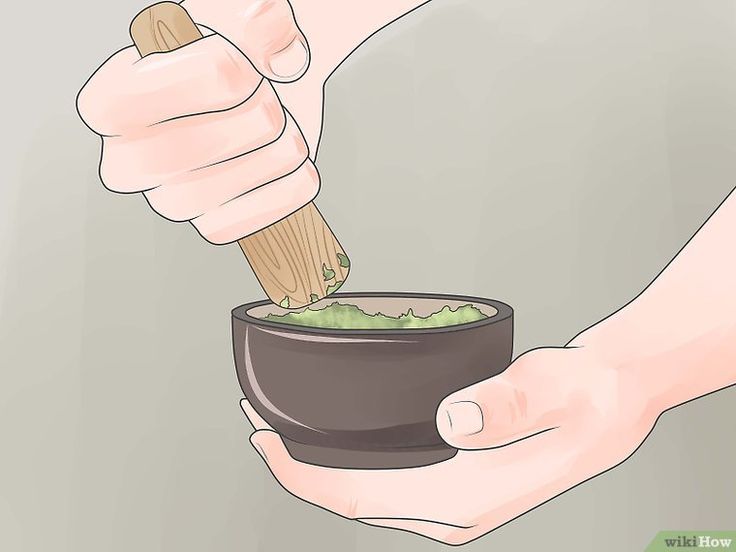Living with genital herpes can be challenging, but it’s empowering to know that alongside medical treatments, several natural approaches can significantly help manage symptoms and reduce the frequency and severity of outbreaks. While there’s no “cure” for the herpes simplex virus (HSV), these natural remedies focus on strengthening your body’s immune system and creating an environment less conducive to viral activity.
It’s crucial to emphasize that natural remedies should complement, not replace, conventional medical care. Always consult with your healthcare provider before starting any new regimen, especially if you are on medication or have underlying health conditions.
Here’s a guide to effective Genital herpes natural treatment:
1. Boost Your Immune System
A robust immune system is your body’s primary defense against the herpes virus. When your immunity is compromised (due to stress, poor diet, lack of sleep, or illness), the virus is more likely to reactivate.
- Nutrient-Rich Diet: Focus on a balanced diet rich in fruits, vegetables, whole grains, and lean proteins. These foods provide essential vitamins and minerals that fuel your immune system.
- Vitamin C: A powerful antioxidant, Vitamin C supports immune cell function and can help fight off infections. Good sources include citrus fruits, bell peppers, strawberries, and kiwi.
- Vitamin D: Often called the “sunshine vitamin,” Vitamin D plays a crucial role in immune modulation. Adequate levels are linked to a lower risk of various infections. Fatty fish, fortified foods, and sunlight exposure are key sources.
- Zinc: This essential mineral has significant immune-boosting and antiviral properties. It can directly interfere with viral replication. Oysters, red meat, poultry, beans, and nuts are good dietary sources. Zinc supplements are also available, both oral and topical.
- Probiotics: A healthy gut microbiome is intimately linked to a strong immune system. Probiotics, found in fermented foods like yogurt, kefir, sauerkraut, and kimchi, can support gut health and enhance immune response.
- Omega-3 Fatty Acids: Found in fatty fish (salmon, mackerel, sardines), flaxseed, and chia seeds, omega-3s have anti-inflammatory properties that can help support overall immune health and reduce inflammation during an outbreak.
2. Targeted Amino Acid: L-Lysine
L-Lysine is an essential amino acid that has gained significant attention in herpes management. It’s believed to compete with L-arginine, another amino acid that the herpes virus needs to replicate. By increasing lysine intake, you may hinder the virus’s ability to multiply.
- How to use: L-Lysine is available as a dietary supplement. Many individuals take 1-3 grams daily for prevention, and higher doses during an active outbreak.
- Dietary considerations: Foods rich in lysine include meat, fish, dairy products, eggs, and legumes. Some research suggests limiting arginine-rich foods (like nuts, chocolate, and certain grains) when trying to manage outbreaks, though robust scientific evidence for this dietary restriction is mixed.
3. Soothing Topical Remedies
Direct application of certain natural substances can help alleviate the pain, itching, and promote healing of genital herpes sores.
- Lemon Balm (Melissa officinalis): This herb is one of the most well-researched topical remedies for herpes. It contains antiviral compounds that may reduce discomfort and speed up healing time. Apply a cream, ointment, or strong tea compress directly to the affected area.
- Aloe Vera: Known for its soothing and anti-inflammatory properties, aloe vera gel can be applied to sores to reduce irritation and promote faster healing. Studies suggest it can reduce healing time for genital herpes lesions.
- Manuka Honey: This unique honey has potent antibacterial and antiviral qualities. Applied topically, it may help reduce pain and itching and aid in the healing of sores.
- Tea Tree Oil (Melaleuca alternifolia): With strong antiseptic and antiviral properties, diluted tea tree oil can help dry out lesions and prevent secondary bacterial infections. Crucial: Always dilute tea tree oil with a carrier oil (like coconut or olive oil) before applying it to the skin to avoid irritation, especially in sensitive areas. Perform a patch test first.
- Cold Compresses: Applying a cool, damp cloth or an ice pack (wrapped in cloth) to the affected area can help numb the pain and reduce swelling.
- Petroleum Jelly or Lidocaine Cream: Applying petroleum jelly can reduce discomfort during urination if sores are near the urethra. Over-the-counter lidocaine creams can also provide topical pain relief.
4. Lifestyle Adjustments for Prevention
Beyond specific remedies, overall lifestyle choices play a huge role in managing genital herpes.
- Stress Management: Stress is a known trigger for herpes outbreaks. Incorporate stress-reducing activities like meditation, yoga, deep breathing exercises, mindfulness, or hobbies.
- Adequate Sleep: Sufficient sleep is fundamental for a healthy immune system. Aim for 7-9 hours of quality sleep each night.
- Hygiene: Keep the affected area clean and dry. Gently wash sores with mild soap and water, and pat dry. Avoid harsh soaps or vigorous scrubbing.
- Loose Clothing: During an outbreak, wear loose-fitting cotton underwear and clothing to minimize irritation and allow the area to breathe, which promotes healing.
- Avoid Picking: Do not pick at sores, as this can delay healing and lead to secondary infections.
- Identify Triggers: Keep a journal to track potential triggers for your outbreaks, such as specific foods, stress levels, hormonal changes, or illness. This can help you avoid them in the future.
Important Caveats:
- No Cure: Natural remedies can help manage symptoms and outbreaks, but they do not eliminate the herpes virus from your body.
- Consult a Professional: Always discuss any new natural remedies or supplements with your doctor or a qualified healthcare provider, especially if you are pregnant, breastfeeding, or taking other medications, to ensure safety and avoid potential interactions.
- Individual Results Vary: What works well for one person may not be as effective for another. It may take some experimentation to find the most beneficial combination of remedies for you.
By integrating these effective natural remedies into a comprehensive management plan, you can proactively support your body’s ability to cope with genital herpes, potentially reducing the frequency and severity of outbreaks and improving your overall quality of life.









